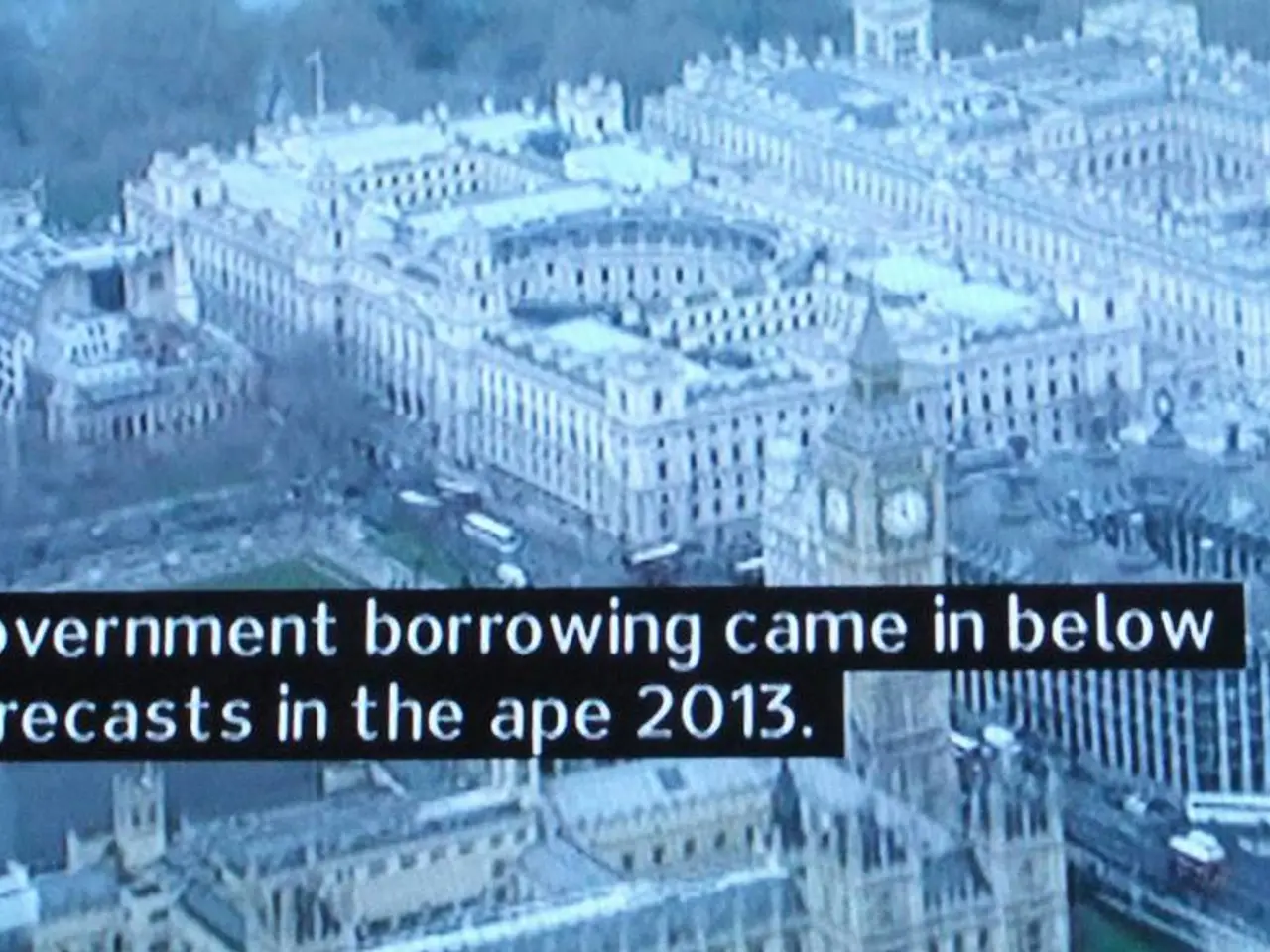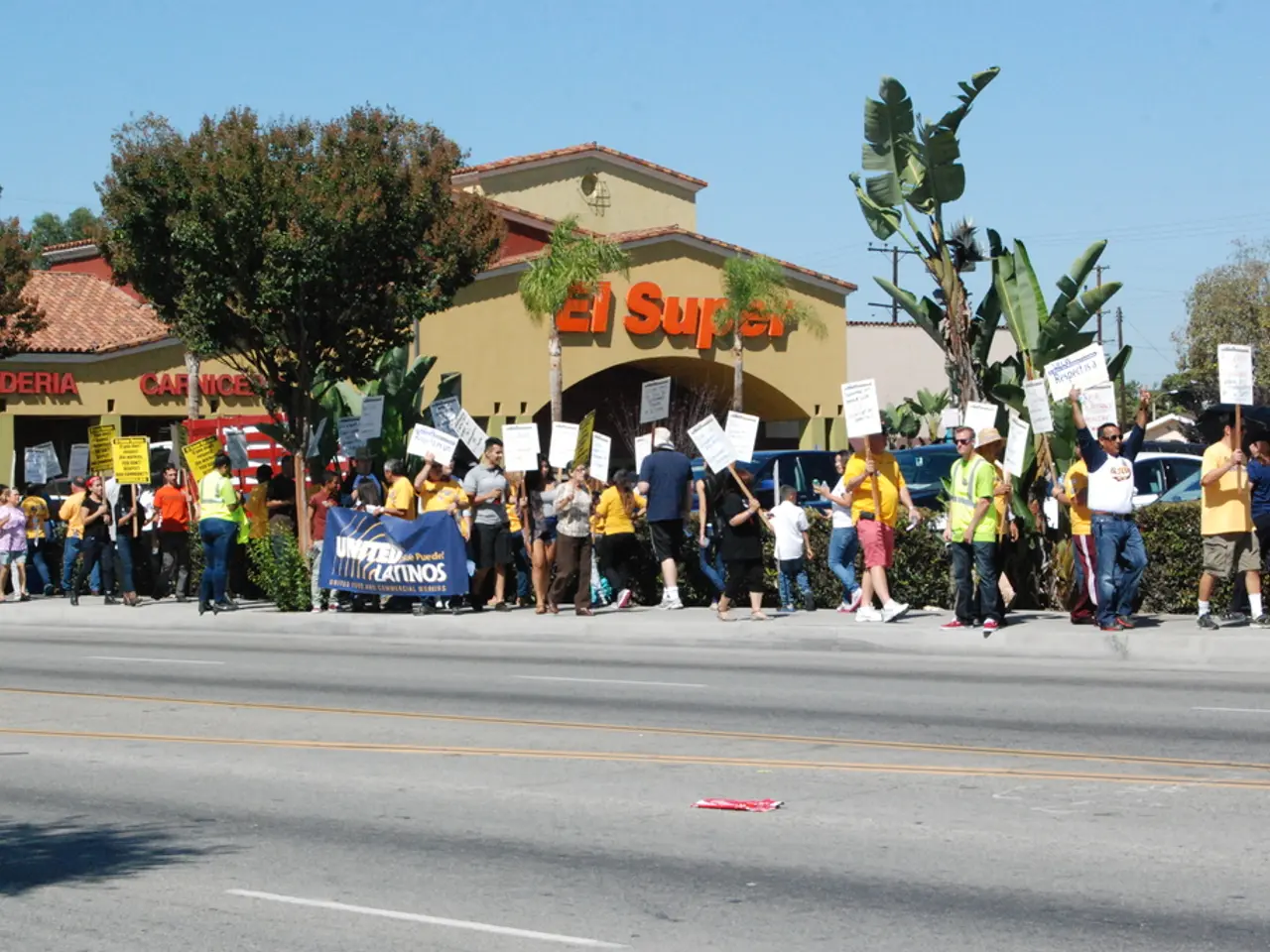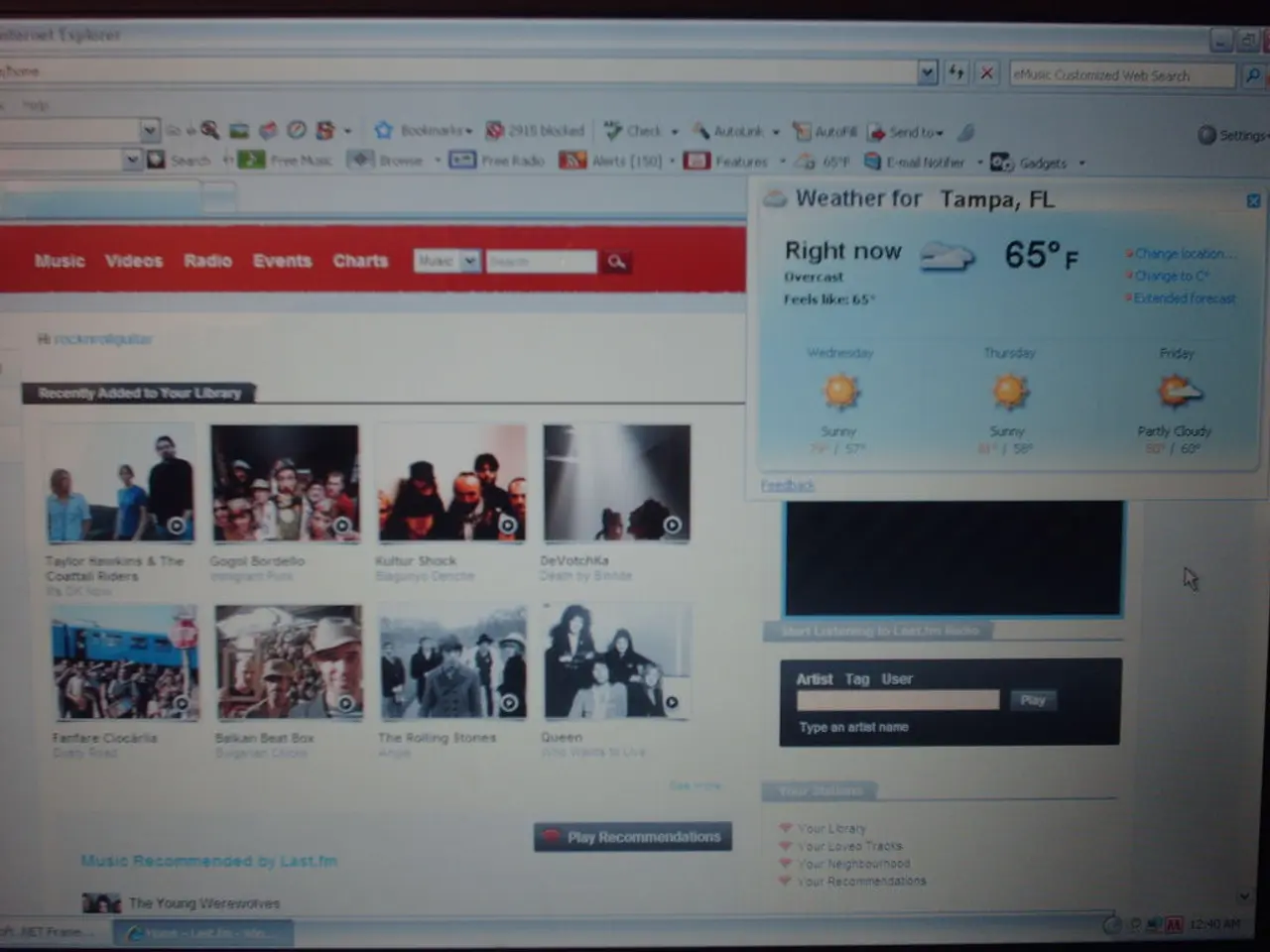Urgent Meeting of the UN Security Council over the weekend to address issues in Gaza
The United Nations (UN) Security Council has scheduled an emergency meeting for this Saturday, in response to Israel's proposed annexation of Gaza City. The announcement was made by Riyad Mansour, the representative of the Palestinian Authority at the United Nations.
The request for the meeting was made by several countries that are members of the Security Council, although their identities remain unspecified. The countries involved, along with Palestine, requested the meeting on behalf of all parties.
Israel's plan to annex Gaza City, a move that forms part of a broader plan to effectively annex or occupy major parts of the Gaza Strip, has been met with widespread criticism and concern.
UN and international officials have warned that Israel's plan risks igniting a "horrific chapter" in the conflict. Potential consequences include displacing around 800,000 to a million people, escalating the humanitarian crisis, and possibly violating international humanitarian law. The UN has urged Israel to reconsider, stressing warnings about mass civilian displacement and the prolonged siege this plan entails.
A group of European countries, including the UK, France, Denmark, Greece, and Slovenia, have condemned Israel’s decision to expand military operations in Gaza. They have called for an urgent reversal to avoid further civilian suffering and unlawful annexation attempts, reaffirming support for the two-state solution and urging ceasefire and hostage release efforts.
Israeli military officials themselves reportedly oppose the plan, warning that occupying Gaza City would be a "disaster," leading to heavy casualties among soldiers and civilians and likely fueling an insurgency similar to urban battles in Fallujah and Mosul.
The U.S. involvement appears cautious, with some indications that the Trump administration might acquiesce to Israel’s decision as "pretty much up to Israel," but there is speculation whether this signals a deeper shift or a negotiation tactic.
Analysts and think tanks emphasize the risks, describing the plan as a "march of folly" likely to prolong violence and suffering, especially for hostages and Gaza's civilian population. They also note the complexities of subsequent governance and reconstruction in Gaza, which Israel does not intend to permanently occupy.
In summary, the international community—particularly the UN and several Western governments—views Israel’s plan as a dangerous escalation with severe humanitarian implications and possible violations of international law, urging restraint and dialogue, while Israeli military voices warn of the military and political risks internally. The emergency meeting at the UN Security Council aims to discuss these concerns and find a peaceful resolution to the ongoing crisis.
- The emergency meeting scheduled by the United Nations (UN) Security Council this Saturday is in response to politics and war-and-conflicts, specifically Israel's proposed annexation of Gaza City, as general news indicates.
- Countries involved in the Security Council's emergency meeting, along with Palestine, have raised concerns about Israel's plan to annex Gaza City, citing potential violations of international humanitarian law and a risk of igniting a new phase of war and conflict.




